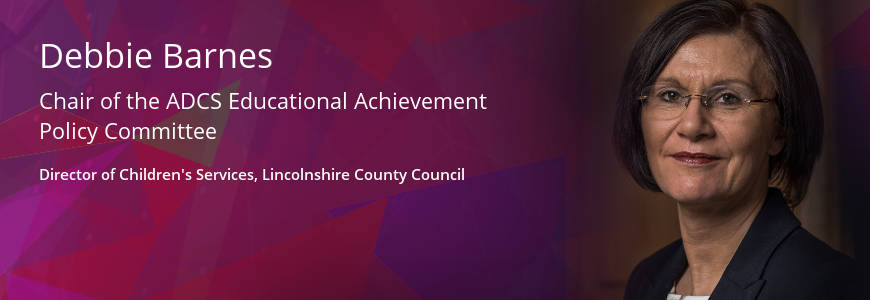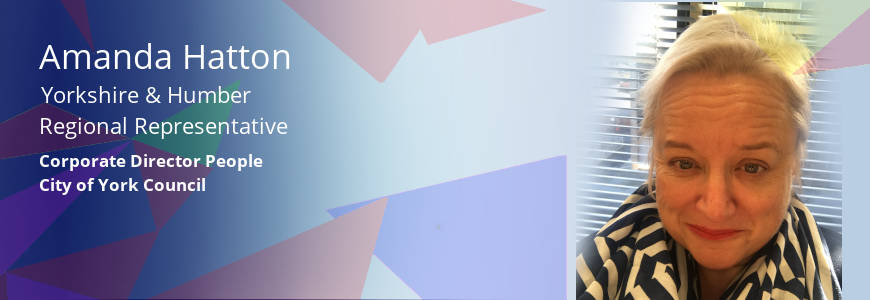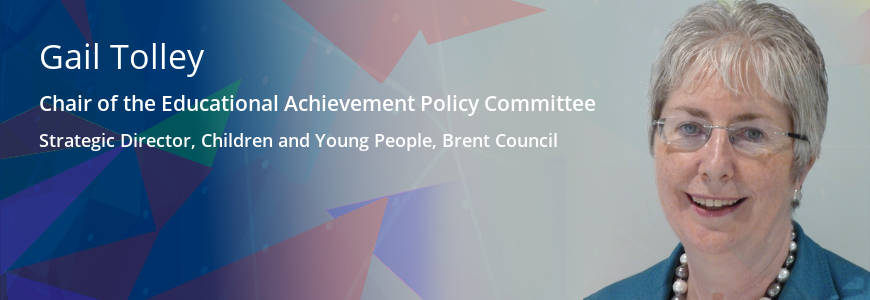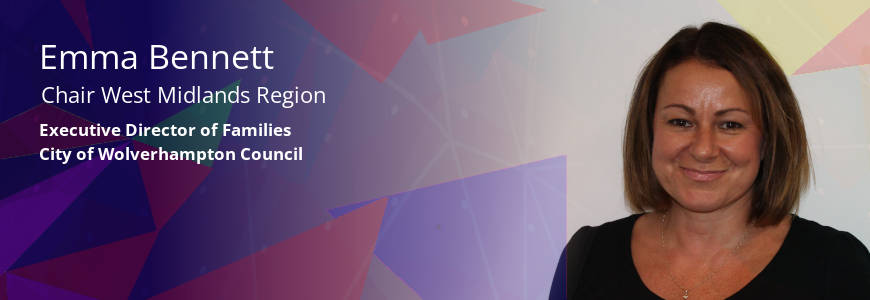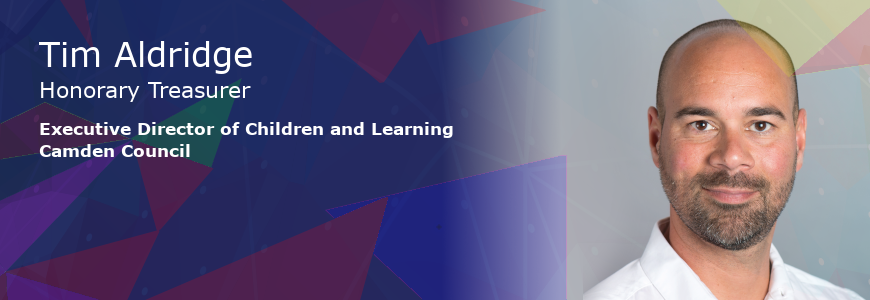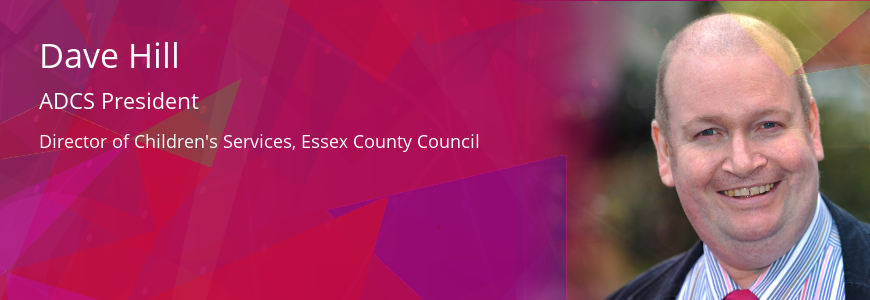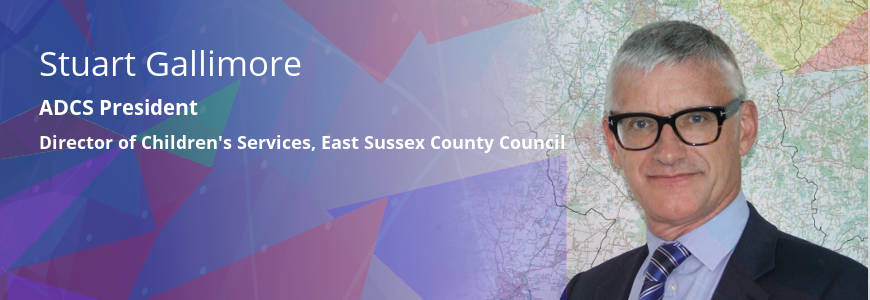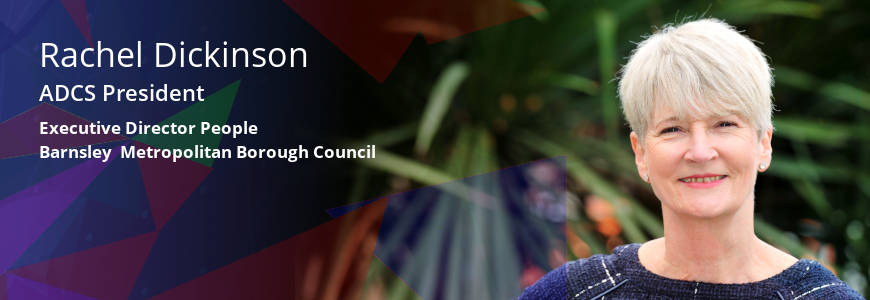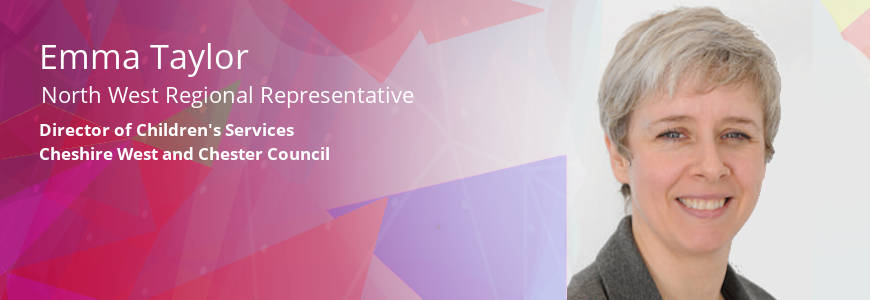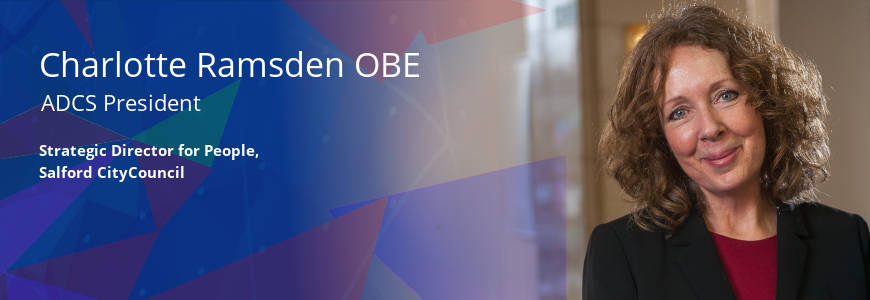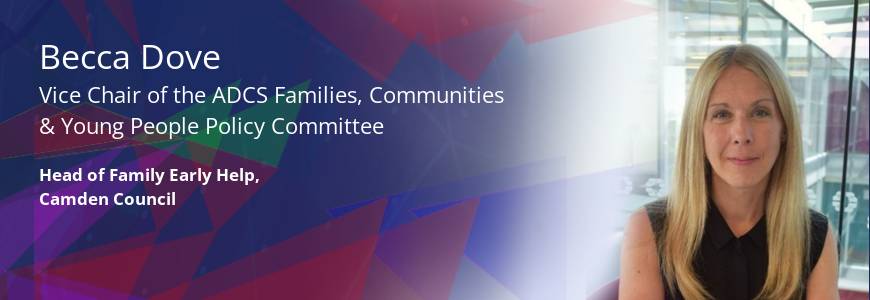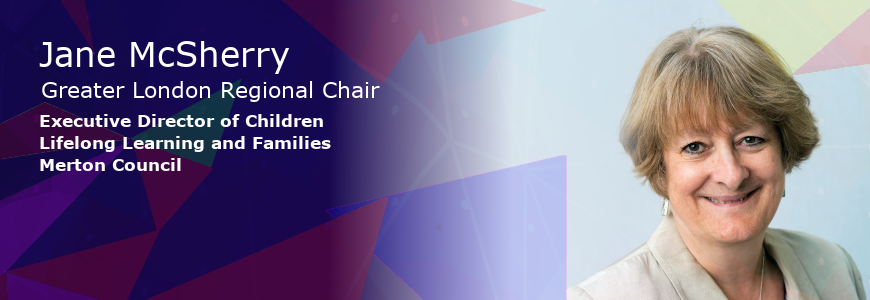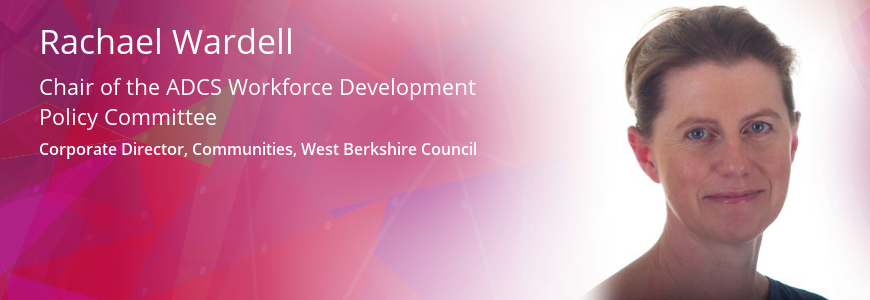What do we mean by recovery?
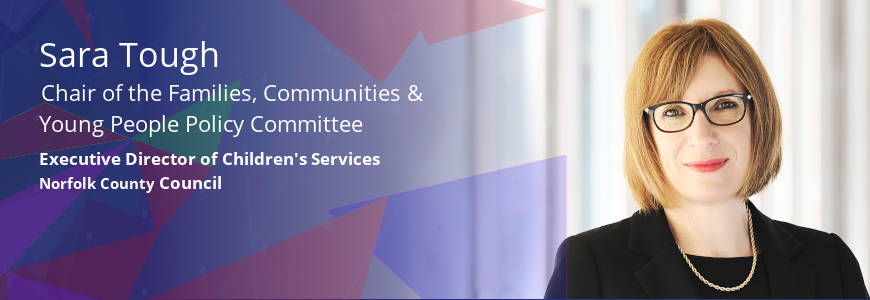
As a professional community we have been regularly sharing our experiences of making difficult decisions in extraordinary times. The pandemic has necessitated a rapid adaptation of the way we provide services to support vulnerable children and families which I believe we did successfully and thoughtfully. My reflection is that leadership throughout this period has not just been about crisis management, it has been about building and valuing relationships to effect change, drawing on our emotional intelligence, and holding and containing anxiety while finding solutions together. Locally we have experienced compassion, shared endeavour, deeper partnerships and openness across our systems. We have used our collective resources more effectively, freed up some of the bureaucracy that slows us down, shared information and data, and communicated. Never before has communication been more crucial.
Daily I have been inspired by the ingenuity, dedication and child centredness of my staff and those we work with who want to share their stories to support, acknowledge and challenge each other. This is now woven into every working week, sometimes every working day depending on how we are feeling!
My sense though, however difficult it has been so far, is that it won’t be nearly as challenging as when we start recovering. This period will be hugely challenging for many families, and we suspect there will be many more who have not previously been identified as vulnerable and have therefore not accessed support during this time, either because they haven’t tried to, or because they thought the support was not available. Even despite the innovative processes to mitigate risks and provide safety nets, there will inevitably be hidden harm as well as some children and families who were previously vulnerable but became more vulnerable during the lockdown period.
So, like everyone else we have been planning for a significant spike in early help and social care referrals since children returned to schools in September. What is clear from our internal budget conversations, where we are being asked to make savings, is that we will all need greater financial investment. This does not mean pots of money to bid for but, with the long term in mind, ringfenced funding to achieve sustained changes, so we can be resourced at a sufficient level to fulfil our child protection duties and manage demand for children’s social care. Also, and very importantly, additional funding needs to allow for meaningful investment in the kind of high-quality early help that is vital in getting families back onto their feet and preventing problems from getting worse.
So, what do we mean by recovery? Earlier this summer, ADCS published a discussion paper Building a country that works for all children post Covid-19 which set out what is needed to restore and reset the services that children and families rely on and I encourage you to read it if you have not already. In Norfolk we have started asking ourselves what a trauma-informed, resilience orientated ‘recovery’ might look like? Building on our current work of creating a trauma informed workforce internally and externally, we are kicking this off in partnership with Research in Practice (RiP) at one of our Leadership Exchange & Learning events. In preparation for schools fully reopening we have also started developing a trauma informed school system, and for those of you who are members of RiP, Dez Holmes is hosting a leader’s forum on 3 November on this topic.
This feels like an important moment in time to reflect more deeply on what ‘recovery’ might mean, truly take in the learning of the past six months and, in the face of this adversity, capitalise on the enthusiasm to use resources to adapt and transform with both head and heart as a system.
Related Blog Articles
Having recently had our Special Educational Needs and Disabilities (SEND)...
In General
A new year, a new beginning with some clarity politically. This is my first blog...
In Education
So, writing this in the middle of August makes me think that in many ways this...
In General
For many of us it will have been some time since we heard those words in an...
In Leadership
As many will know from my work with the ADCS Educational Achievement (EA) Policy...
In Education
As I write, it is still a few days until the Chancellor delivers his deferred...
In Early Help & Families
If I was going to choose a word for 2024 (which I’m not, as that would be...
In Education
“When ye proffer the pigge, open the poke”, circa 1858. Meat was a little...
In Education
I’ve been thinking about education a lot recently as the end of another...
In Education
Yesterday marked the beginning of this year’s National Care Leavers Week which...
In Care
Recently, I chaired the North West’s School Improvement Group and also led a...
In Education
It’s that time again when we will soon find out what budget challenges we will...
In Funding
I didn’t plan to be researching section 17 of the Children Act 1989 for a...
In Early Help & Families
I was asked recently, as a senior leader, to contribute to our International...
In General
This Tuesday (21 March) was World Social Work Day. There was lots of activity in...

